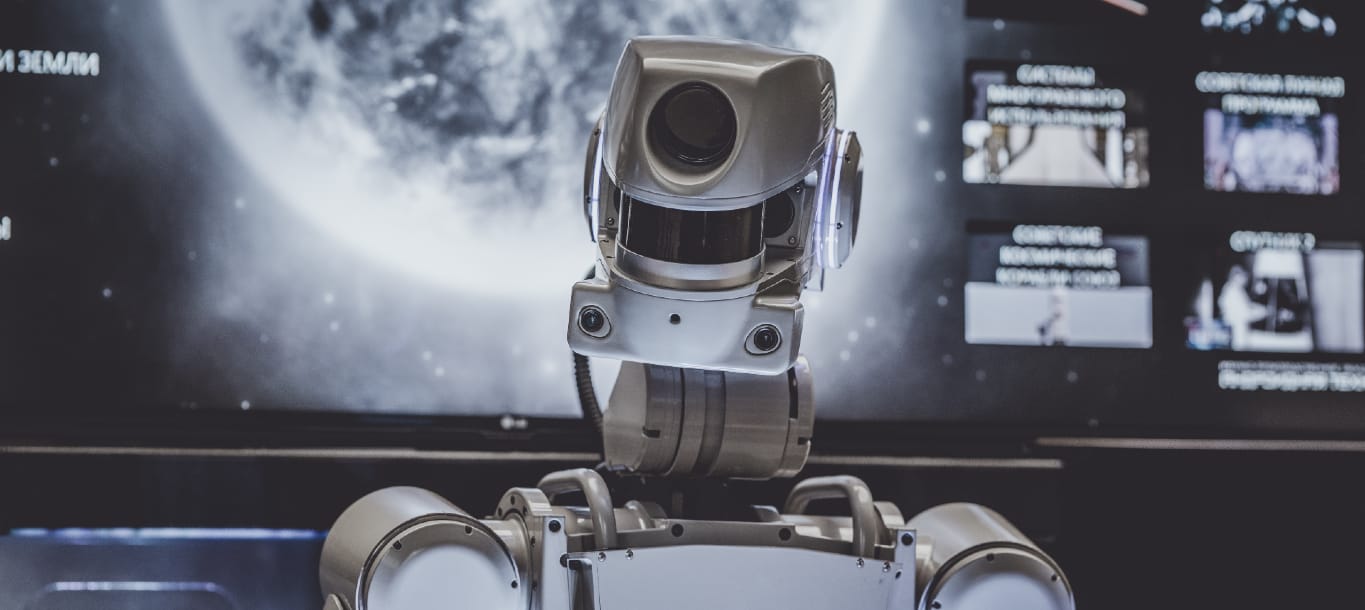What is robotics and AI?
Robotics is the area of technology that focuses on the design, building and operation of robots. On the other hand, AI, which stands for Artificial Intelligence, considers how machines can be programmed so that they are able to learn and carry out tasks that humans can do.
Robotics and AI are closely linked, as scientists and engineers are trying to build robots that have AI technology integrated into them. This field not only helps add valuable safety features to the devices and robots in our everyday lives, but also makes them more convenient and easy to use.
What do I need to study for a career in robotics and AI?
Robotics and AI is a very diverse branch of the sciences, meaning that what you study will really depend on what angle you would like to approach the field from.
Broadly speaking, robotics and AI can be divided into two areas of expertise, namely the hardware side and the software side.
Whilst working with hardware involves studying how the different parts of machines can be put together, the software aspect of robotics and AI is closely tied with programming and computer science.
Therefore, depending on your area of interest, you can study a wide range of subjects, including mechanical engineering, computer science and electronics in order to have a career in robotics and AI.
But does a physics course help you find a position in the sector?
It absolutely does! On a physics course, you will learn a lot of the mathematics that is used in robotics and AI. Due to the nature of the subject, a degree in physics is closely aligned to the mechanical side of the field.
You also learn a bunch of skills that are applicable in the workplace. Physics graduates are exceptional problem solvers and have an excellent command of maths, both of which are essential traits sought by employers.
A physics degree or technical qualification will allow you to gain a solid foundation in the subject and will teach you many of the theories that the robotics and AI industry is built upon. Robotics apprenticeships are also currently being developed.
You may wish to study a master’s degree that is more focused on the topic of robotics and AI, or weigh up the option of enrolling on a postgraduate course that allows you to hold a particular position in the field. A postgraduate mechanical engineering or a computer science programme linked to physics will allow you to become more employable in the sector.
You could also consider doing an internship during your studies. This will not only allow you to boost your CV and gain invaluable experience, but will also help you to learn about an area of robotics and AI that you are interested in, but are not necessarily studying at university.
What is it like working in robotics and AI?
As we have hinted at throughout this article, your day-to-day tasks will really depend on what kind of role you take on in the industry.
As a physicist, you would most likely be called upon to work on the mechanical side of robotics and AI, designing the hardware of robots and making sure that the individual parts are compatible with AI technology. Your role could involve designing a machine from scratch or improving an existing model.
Throughout the process, you will analyse data and produce reports that will enable you and your team to troubleshoot issues and move the project forward.
If you have experience with computer science, you may also be involved in the software side of the field. A lot of the programming done and models created are based upon principles rooted in physics, which would allow you to get involved in this area of robotics and AI as well.
Robotics and AI is a rapidly growing industry, and a physics degree will put you in a good position to pursue opportunities in the sector.
